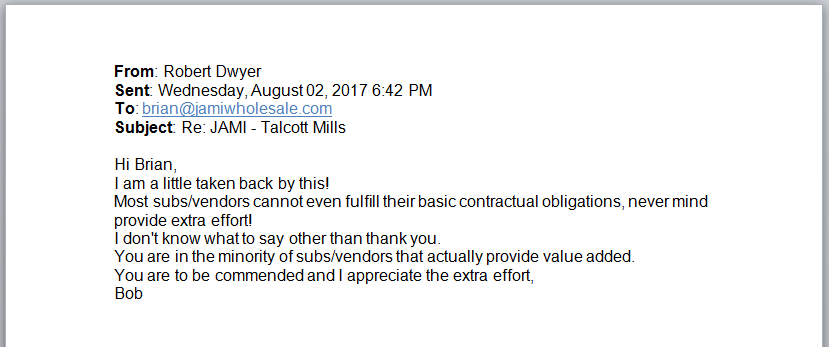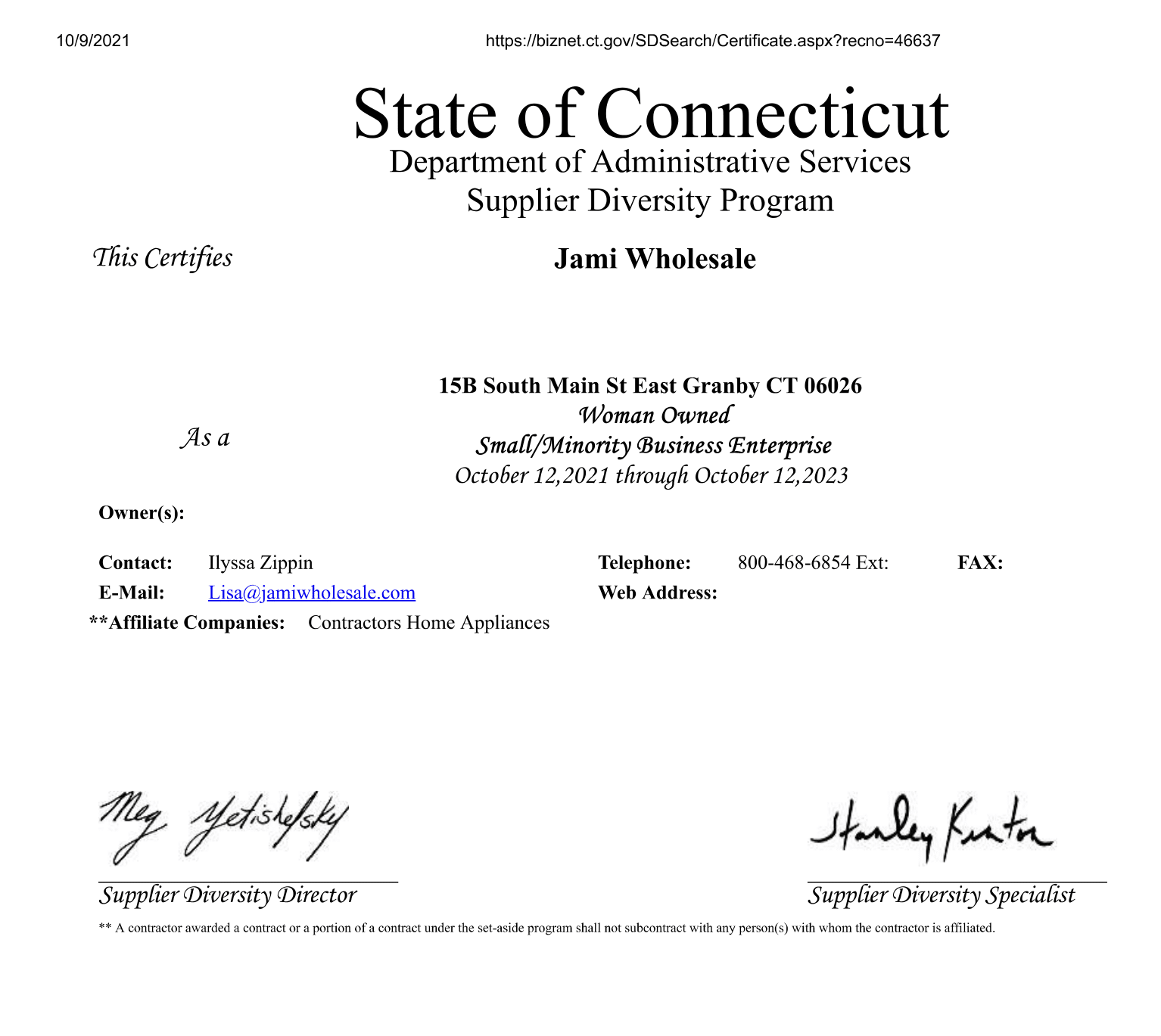Ralph waldo emerson nature essay
His father, pastor of the First Unitarian Church of Boston, chaplain of the Massachusetts Senate, and an editor of Monthly Anthology, a literary review, once described two-year-old son Waldo as "a rather dull scholar. He may divest himself of it; he may creep into a corner, and abdicate his kingdom, as most men do, but he is entitled to the world by his constitution. The essays that make up this slim volume were first published anonymously i. In the Prose Passage, Ralph Waldo Emerson’s attitude towards nature is very obvious. His most famous essay during this time was “Self-Reliance. Concerned initially with the stars and the world around us, the grandeur of nature, Emerson then turns his attention onto how we perceive objects. After that time, his output gradually dwindled until his death in 1882. In his works, he captures a lot of this troubling attitude toward nature. Early on, he describes himself as a “transparent eyeball” (pg). Spirit that lurks each form within. He had only recently quit his job as a minister after the death of his wife, returned from a tour of Europe, married a second time, and established himself in Concord, a suburb of Boston In his essay, “Nature”, Ralph Waldo Emerson describes man’s relationship to nature and to God. Thus, what he advocates here is a form of sight the achievement of which requires a reunion with one’s inner child LearnOutLoud. Mainly, Emerson uses personification to represent nature as a. Nature The rounded world is fair to see, Nine times folded in mystery: Though baffled seers cannot impart The secret of its laboring heart, Throb thine with Nature's throbbing breast, And all is clear from east to west. Emerson describes true solitude as going out into nature and leaving behind all activities as well as society However, regardless of its greatness, Emerson’s work has been criticized a lot which has accorded it more attention from the scholars as well as other readers. Emerson starts off his piece with imagery of the unity between man and nature. In the essay Emerson put forth the foundation of transcendentalism, a belief system that espouses a non-traditional appreciation of nature Groot aanbod, kleine prijzen. He uses these aspects to explain the origins as well as the operations of nature Some adults, however, still retain this sense of awe: these individuals who have “retained the spirit of infancy into the era of manhood” (Emerson 29) are the true lovers of nature in Emerson’s eyes. Emerson describes true solitude as going out into nature and leaving behind all activities as well as society Nature was the first major publication of Ralph Waldo Emerson (1803–1882). “Nature” seeks to show humanity Ralph Waldo Emerson. We will write a custom Research Paper on “Nature” by Ralph Waldo Emerson specifically for you. He had only recently quit his job as a minister after the death of his wife, returned from a tour of Europe, married a second time, and established himself in Concord, a suburb of Boston Nature and Selected Essays Ralph Waldo Emerson, Larzer Ziff (Editor, Introduction by) 4. Nature was the first major publication of Ralph Waldo Emerson (1803–1882). Ralph Waldo Emerson makes people recognize that our questions about the universe, relationships with God, man, and nature is answered by our experience of life and by the world…. But if a man would be alone, let him look at the stars Nature (Short Essay) Lyrics. “Nature,” published anonymously, was Emerson’s first essay. Ralph Waldo Emerson was a key figure in the Transcendentalist movement. The importance of this work is that transcendentalism arose with this art of work. Spirit that lurks each form within Beckons to spirit of its kin; Self-kindled every atom glows,. He illustrates to the reader that he not only enjoys nature, but he is charmed and connected to it. Nature is an essay written by Ralph Waldo Emerson, published anonymously in 1836. Emerson then breaks down Nature into smaller parts: nature (lowercase “n”), art, other people, and our own physical bodies Nature was the first major publication of Ralph Waldo Emerson (1803–1882). Transcendentalism suggests that. Thus, what he advocates here is a form of sight the achievement of which requires a reunion with one’s inner child In his essay “Nature,” Ralph Waldo Emerson exhibits an untraditional appreciation for the world around him. [1] “Nature” has a total of 41 pages. It is in this essay that the foundation of transcendentalism is put forth. He was an ordained minister, renowned orator, and beloved author and poet whose ideas on nature, philosophy, and religion influenced authors such as Henry David Thoreau and Walt Whitman. 97 · Rating details · 227 ratings · 14 reviews. ” Throughout the text he expresses how
ralph waldo emerson nature essay to avoid conformity set by our society and to follow our own individual path These essays, along with "Nature," comprised Emerson's most fruitful decade, from the mid-1830s to the mid-1840s. Concerned initially with the stars and the world around us, the grandeur of nature, Emerson then turns his attention onto how we perceive objects “Nature” is an essay written by Ralph Waldo Emerson, and published by James Munroe and Company in 1836.
Do My Assignment For Me Australia
In this work, Emerson demonstrates his “willingness to offer testimony to his own revelatory experience” (Geldard 24), in terms of his. The rounded world is fair to see, Nine times folded in mystery: Though baffled seers cannot impart. Com presents Nature, complete and unabridged by Ralph Waldo Emerson. In this passage, he also explores the differences between how adults see nature and how children see nature. Through his writings, Emerson ardently professed the. Introduction Chapter I NATURE Chapter II COMMODITY. Finally, he reiterates his delight and connection. 808 certified writers online Nature was the first major publication of Ralph Waldo Emerson (1803–1882). “Nature” is a thought-provoking essay that describes his abstract thoughts about humanity’s relationship with nature. Nature (essay) ” Nature ” is an essay written by Ralph Waldo Emerson, and published by James Munroe and Company in 1836. In the essay Nature by Ralph Waldo Emerson, the author believes that nature is a wonderful being, it is to be revered, and that nature is better than most people. Each part takes a different perspective on the relationship between humans and. The essay consists of eight parts: Nature, Commodity, Beauty, Language, Discipline, Idealism, Spirit and Prospects. Recent advances in zoology, botany, and geology confirmed Emerson’s intuitions about the intricate. He had only recently quit his job as a minister after the death of his wife, returned from a tour of Europe, married a second time, and established himself in Concord, a suburb of Boston Nature and Other Essays. It is in
ralph waldo emerson nature essay this essay that the foundation of transcendentalism is put forth, a belief system that espouses a non-traditional appreciation of nature. Nature (1836) is Emerson's exemplar essay in the genre of Transcendentalism, along with his celebration of individualism, Self-Reliance. Emerson descends to expand on several aspects that he believes are manifestations of nature which include, discipline, beauty, language and commodity. It builds the sepulchres of the fathers. Throughout the text he expresses how to avoid conformity set by our society and to follow our own individual. Emerson describes true solitude as going out into nature and leaving behind all activities as well as society “Nature” is an essay written by Ralph Waldo Emerson, and published by James Munroe and Company in 1836. In proportion to the energy of his thought and will, he takes up the world into himself His essays “Nature” and “Self-Reliance”, as well as his address, the “Divinity School Address”, are all of his most famous works. In the universe there is nature and the soul “Nature” is an essay written by Ralph Waldo Emerson, and published by James Munroe and Company in 1836. Transcendentalism is mainly a combination of reason and emotion; in a more detailed way, transcendentalism is about self-reliance Description: “Nature” is a short essay by Ralph Waldo Emerson published anonymously in 1836. In the essay Emerson put forth the foundation of transcendentalism, a belief system that espouses a non-traditional appreciation of nature Profiteer van aanbiedingen van ralph waldo emerson op Amazon. In “Nature,” Ralph Waldo ralph waldo emerson nature essay Emerson applies rhetorical strategies for instance the imagery of unity and the allusion of God to experience the nature in solitude. Emerson wrote many other essays during his lifetime, but they were not as successful or as widely read His essays “Nature” and “Self-Reliance”, as well as his address, the “Divinity School Address”, are all of his most famous works. First, he suggests that the universe is comprised of two parts: Nature and the Soul.



























